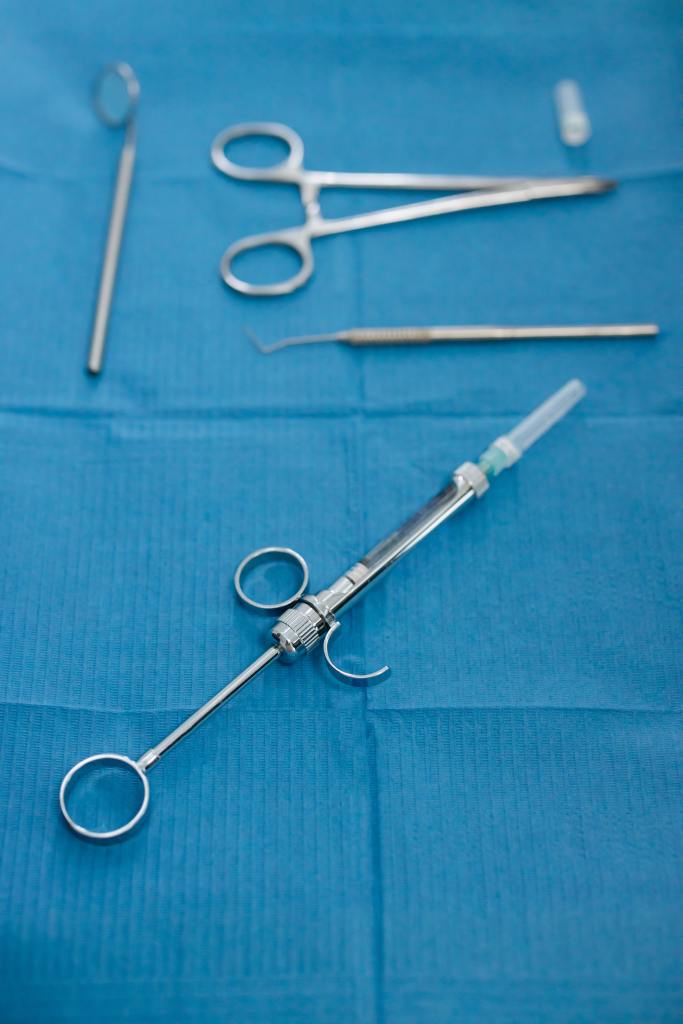
In his role as the CEO of Valley Surgery Center, LLC, Rajan Bhatt combines his experience as a physician with his business administration skills to operate a comprehensive facility. Through membership in professional groups like the American College of Cardiology, Rajan Bhatt stays current on developments in the field. The Journal of the American College of Cardiology (JACC) strives to inform an international readership on all aspects of cardiology.
The JACC’s main arm consists of an online, open access edition. The JACC publishes about one issue per week. Issues typically contain articles about concluded clinical studies and analyses of salient topics for that week, alongside sections highlighting either established or new cardiologists. Alongside prescheduled editorial comments on each issue’s articles, the editorial board sometimes releases a supplemental issue, to home in on one topic.
To accommodate international readers, the JACC also publishes editions in Spanish, Portuguese, and Chinese. Each tailors its content to its international audience, while retaining the peer-reviewed articles and editorial commentary from the English version. The Chinese edition of the JACC differs in that its print version is released six times per year.



